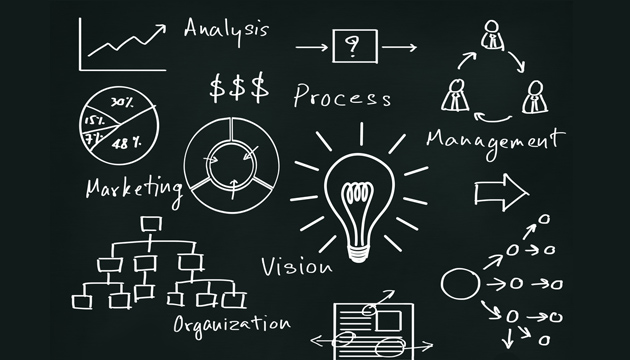Big Data for Small Businesses


Will you do us the honor and join our team of authors?
To write for the SohoBlog, contact us at [email protected]
(Shakespearean prose not required.)

We recently discussed here how any business can be intelligent, meaning that business intelligence and competitive intelligence tools are becoming available to small businesses as well. This wasn’t always the case. Not so long ago, those tools were the domain of large corporations, since the complexity of the systems required to mine, gather, and analyze the data made them too expensive and often too sophisticated for most small businesses.
The free BI and CI tools we introduced are a part of bigger business phenomenon also known as “big data.” What is it exactly? “Big data” refers to data, collected by a certain entity, that is too large and complex to process and analyze in traditional management or data-collection tools (this is why BI and CI tools were invented). Of course, valuable insights and business trends are hidden in these large amounts of information. Insights that can be used by companies to better understand their own business processes and, better yet, their consumers.
As I mentioned, in recent years the big-data ecosystem is changing and is allowing small businesses and consumers to take an active role in it. The software company Intuit, along with research and consulting firm Emergent Research, analyze “The New Data Democracy” and identified how it will change the lives of consumers and SMBs. According to their report, “the growing access to this massive volume of information—and the ability to refine and analyze it—makes it a new type of raw material… Advanced analytics will move from the domain of specialists to everyday users.” How is this done?
Data Empowers Consumers: The latest economic recession has made it clear for consumers that taking control over their own risk-management responsibilities is no longer an option. This epiphany has left consumers with hard choices to make about their health and financial future. New data and analytical tools will offer them actionable information to support knowledgeable decision-making and reduce uncertainty. Big data also has changed consumers’ shopping habits and has made the shopping process ultra-transparent. Businesses can no longer hide bad service, pricing, or behavior from potential customers.
Data Empowers SMBs: Digital data is helping businesses be local again by allowing them to offer customized and personal service, as local merchants used to. Nowadays, consumers leave digital footprints that can be learned and analyzed to offer them tailor-made services and goods. This, along with a personal touch of the business owner, can be a serious differentiator for small businesses when compared to big-box retailers. Cloud-based BI and CI options will make business and competitive insight and knowledge available to small businesses as well. Moreover, cloud technology will enable SMBs to combine and share knowledge easily with business partners and even competitors to better not only their business, but also the whole industry. Lastly, big data holds a great opportunity for entrepreneurs to come up with new and innovative solutions to help businesses and consumers capture, organize, and analyze digital data more efficiently.
I think it is clear that big data means big opportunity for small businesses, but it has still not reached its full potential or capitalization. I believe that in order for small businesses to fully realize the potential big data democracy, sharing of data, tools, and most importantly knowledge are crucial—and this couldn’t be easier to do than right here on PlanetSoho.
Based on: Intuit 2020 Report. “The New Data Democracy: How Big Data Will Revolutionize the Lives of Small Businesses and Consumers.” (2012): n. pag. 17 Dec 2012.
|
|
|